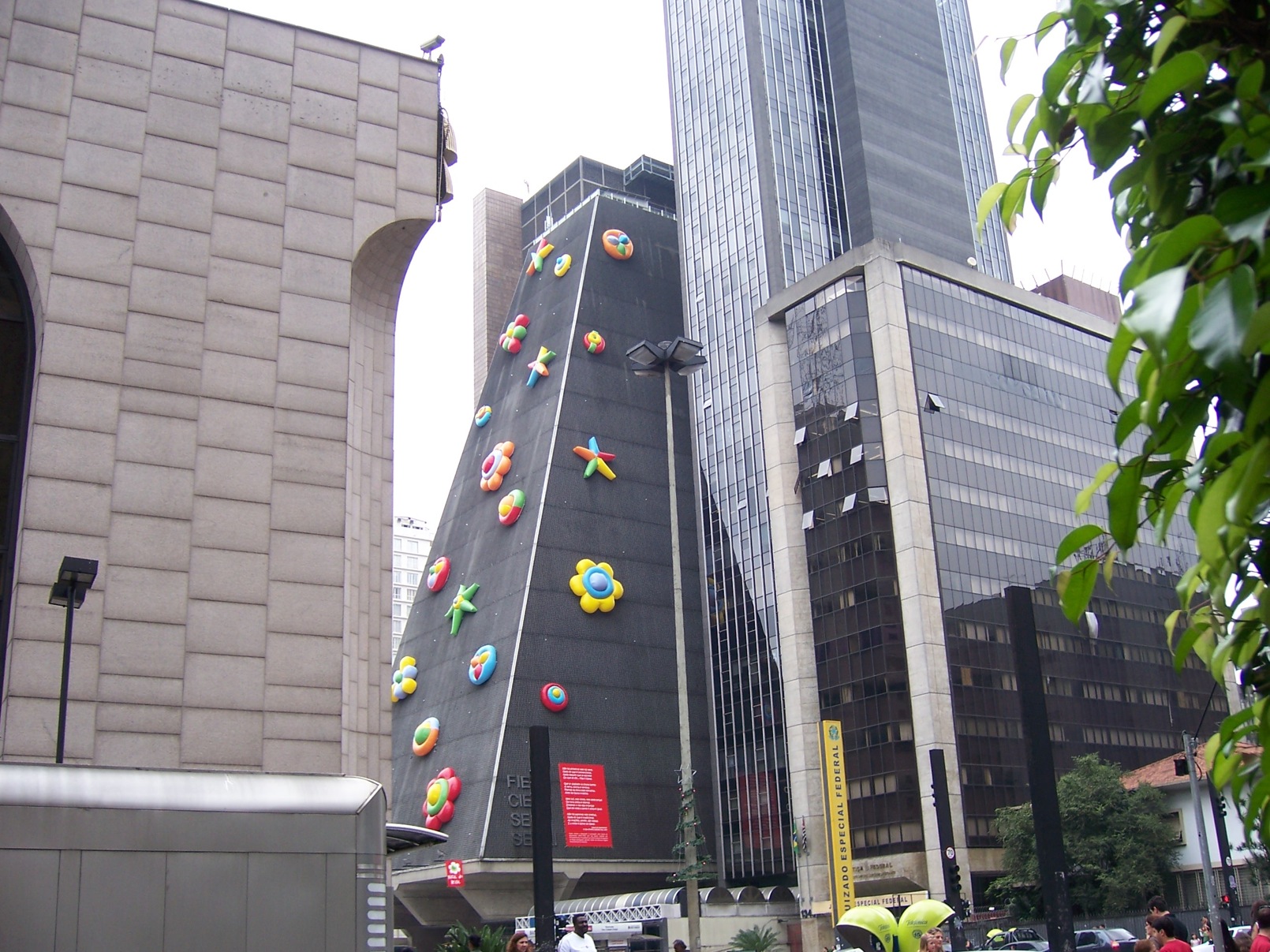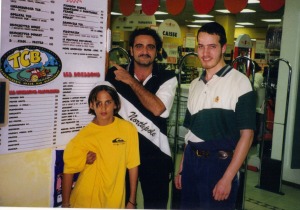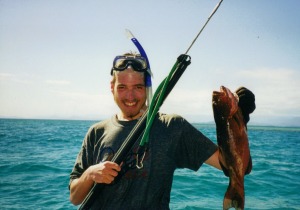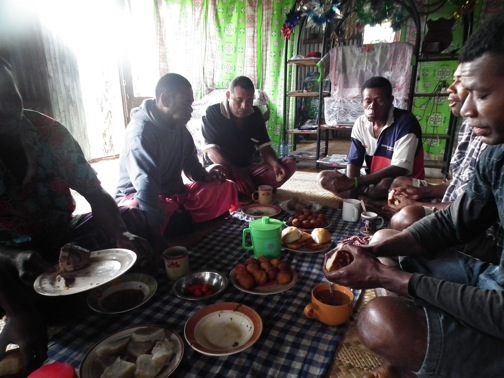You know that saying, “hindsight is 20/20″? I know we’ve all seen how true it is, but most of us think about it in terms of looking back and wishing we’d done something differently. What if we took a different perspective? Instead, many times, we look back and realize the totality of what was going on at the time, how every piece of the puzzle fits perfectly.

I got kicked out of Sao Paolo and sent back to Argentina, which turned out to be a big bonus for me in the end.
I remember once I was traveling from Uruguay to Brazil. Due to a clerical error on my visa, I was turned away at the Sao Paolo airport and sent back to Argentina, where I was living. Of course at the time, this really seemed bad – I did miss seeing Sao Paolo, after all! – but upon looking back it wasn’t bad at all. I got a full refund of my Sao Paolo to Iguazu flight, which I was able to rebook for cheaper to fly from Buenos Aires to Iguazu, I got a good night’s rest in my own apartment, and I was able to stock up on super yummy kosher empanadas (mmmm cheese empanadas!) for the rest of my trip. The truth is, if I hadn’t ended up in Buenos Aires for that night, I actually would have run out of kosher food and would have had a mighty tough time getting hold of some wherever I was. It was also comforting to be back “home” – and I had a lot I needed to do, which I managed to get done. There were all sorts of benefits. My parents, who were able to enter Sao Paolo without a problem, also had a great time (I had booked them in a 5-star hotel) and they got a romantic little getaway without me, which I think they thoroughly enjoyed.
Sometimes the stories are even more stark than this. There’s the famous story of a man missing his flight because he misplaced his tefillin – and as a result avoided a crash. Or of the men who were davening special prayers for the deaths of Jews in the Grand Canyon crash that preceded the 9/11 attack who were late to work on that fated day. Or those men davening near the twin towers who were just shy of a minyan and who wished the old man who made up their 10th would go faster – but on account of his slow kaddishes didn’t make it back to work in time for the attacks. The stories of miracles go on and on. But we don’t need to see miracles to find this happening in our everyday life.
In Parshas Haazinu, we notice that the entire parsha, which is mostly composed of a song, is written in the present tense. Yet, it talks about the Jews going astray from G-d, their punishment, and their eventual consolation. It certainly seems like a timeline for me! Yet, in the realm of G-d there is no timeline. In the mind of a prophet there is no time. So all of these things come together and happen at once, forming a complete picture. A perfect view.
This is what we also have the ability to do – if we wish to – when we look back in time. We can look at things that happened to us long in the past and merge them with the things that happened before and after. When we stop looking at events that occurred as if they are isolated, then we get a clearer picture.
As we enter our new year and look back on the year that has just passed, let’s try to view it this way, as a totality, in the way that G-d views it. It is as if every event in the year occurred at once. A beautiful clarity, a beautiful picture. If we do this, it will become clear to us why things happened as they did. Our mistakes will leap out at us and we will be able to truly repent. And with all of our mitzvot we can come to G-d and sincerely ask His forgiveness and for His love.
Shana tova and Shabbat shalom (in advance).
Read More












